Training hub
Discover our online training resources to start building your skills and knowledge in the water sector.
Browse by topic
Jacobs
AI
Surface water hydraulics
Surface water hydrology
Groundwater
Modelling general knowledge
Python
HEC-RAS
MODFLOW
QGIS
TUFLOW
HEC-HMS
R
RORB
Water quality
ARR
Technology & Innovation
Climate Adaptation
Water Policy & Governance
Water Reuse & Recycle
Water Infrastructure
Energy
Mining
Water Markets
One Basin
Water Research
SWAN
Irrigation & Agriculture
Water Planning
Ecosystem & Catchment Management
FLOW-3D
FLIKE
All Training
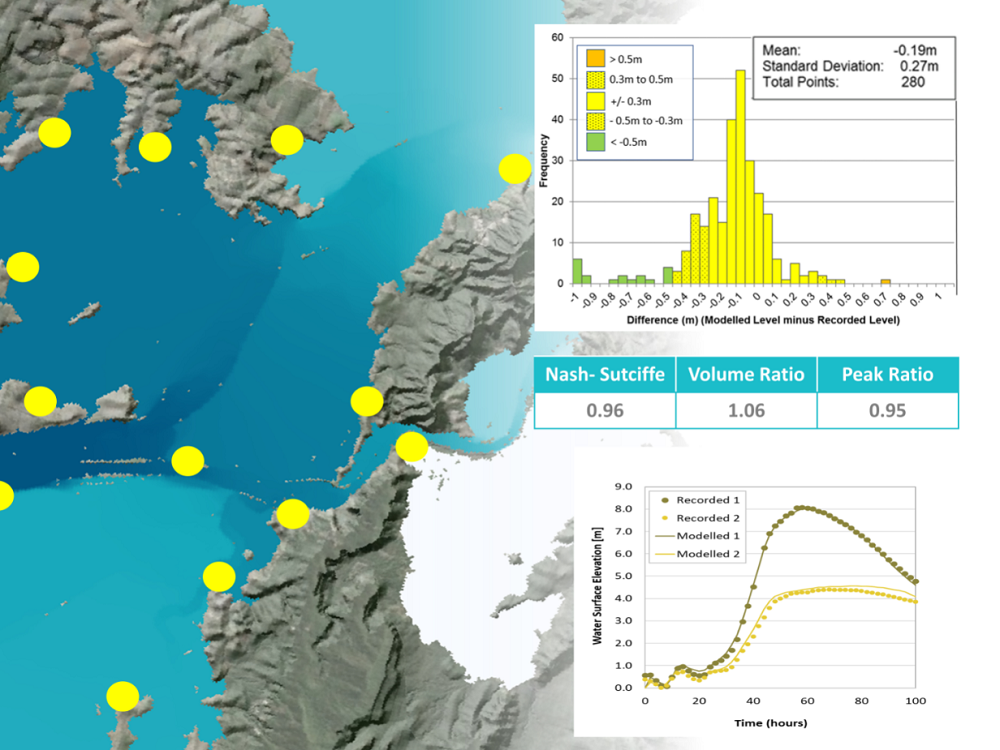

ARR Course #5: Design Estimation
What has changed in design flood estimation?
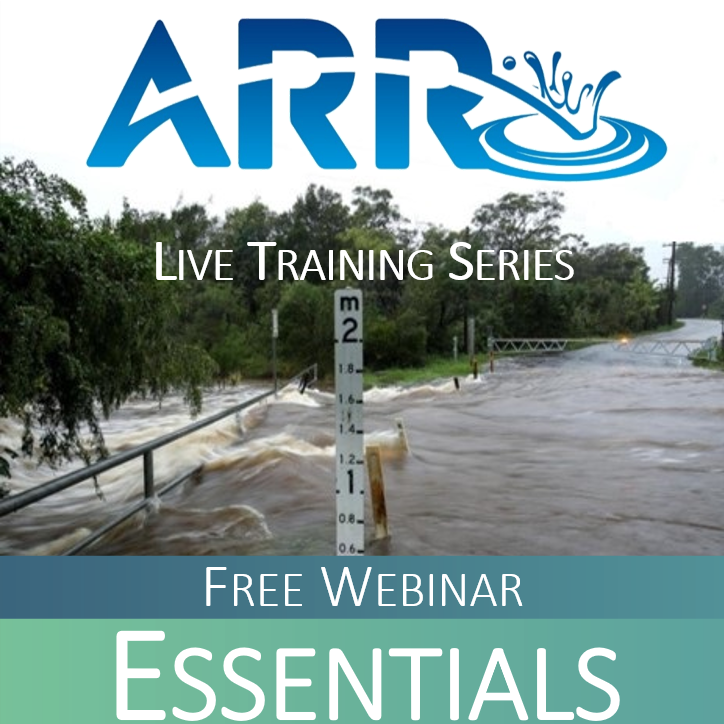
ARR Essentials
Advance your skills and approaches to assessing flood risk and climate change using Australian Rainfall and Runoff (ARR).
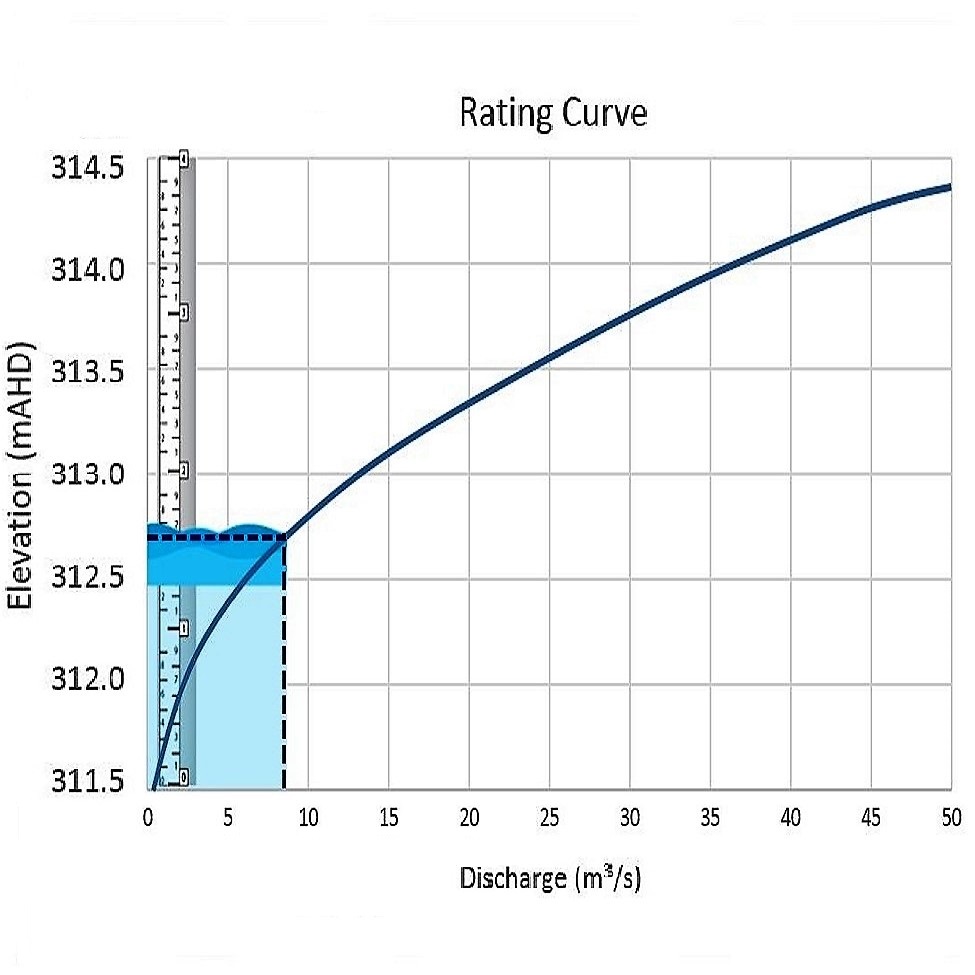
Developing rating curves from measurements and models
Techniques to improve the accuracy and reliability of data over the full range of a system's flow regime

ARR Course #6: Extreme Events
Guidelines for estimating floods with low Annual Exceedance Probabilities in special design applications.
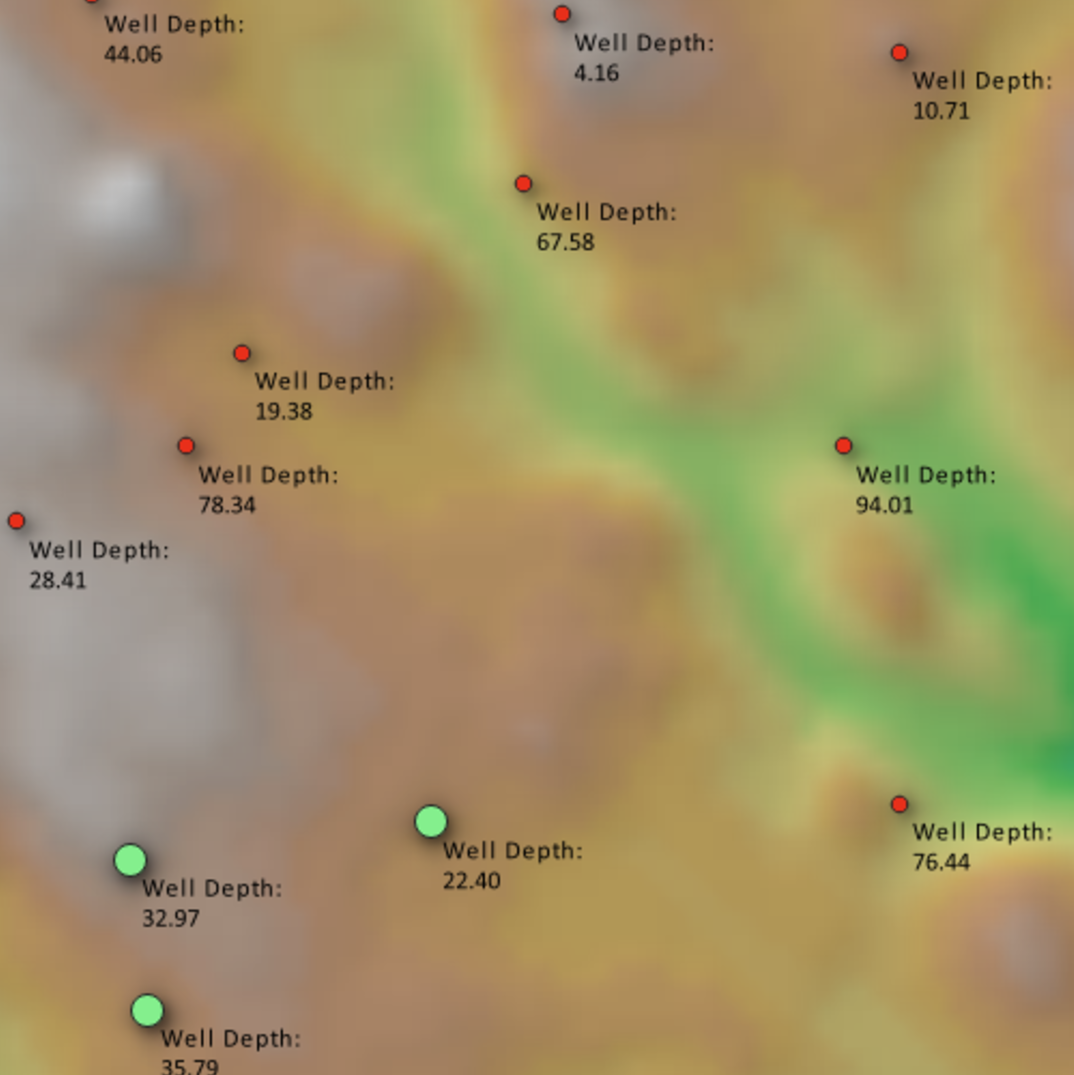
QGIS for groundwater applications
Preprocessing open data for groundwater analysis and modelling
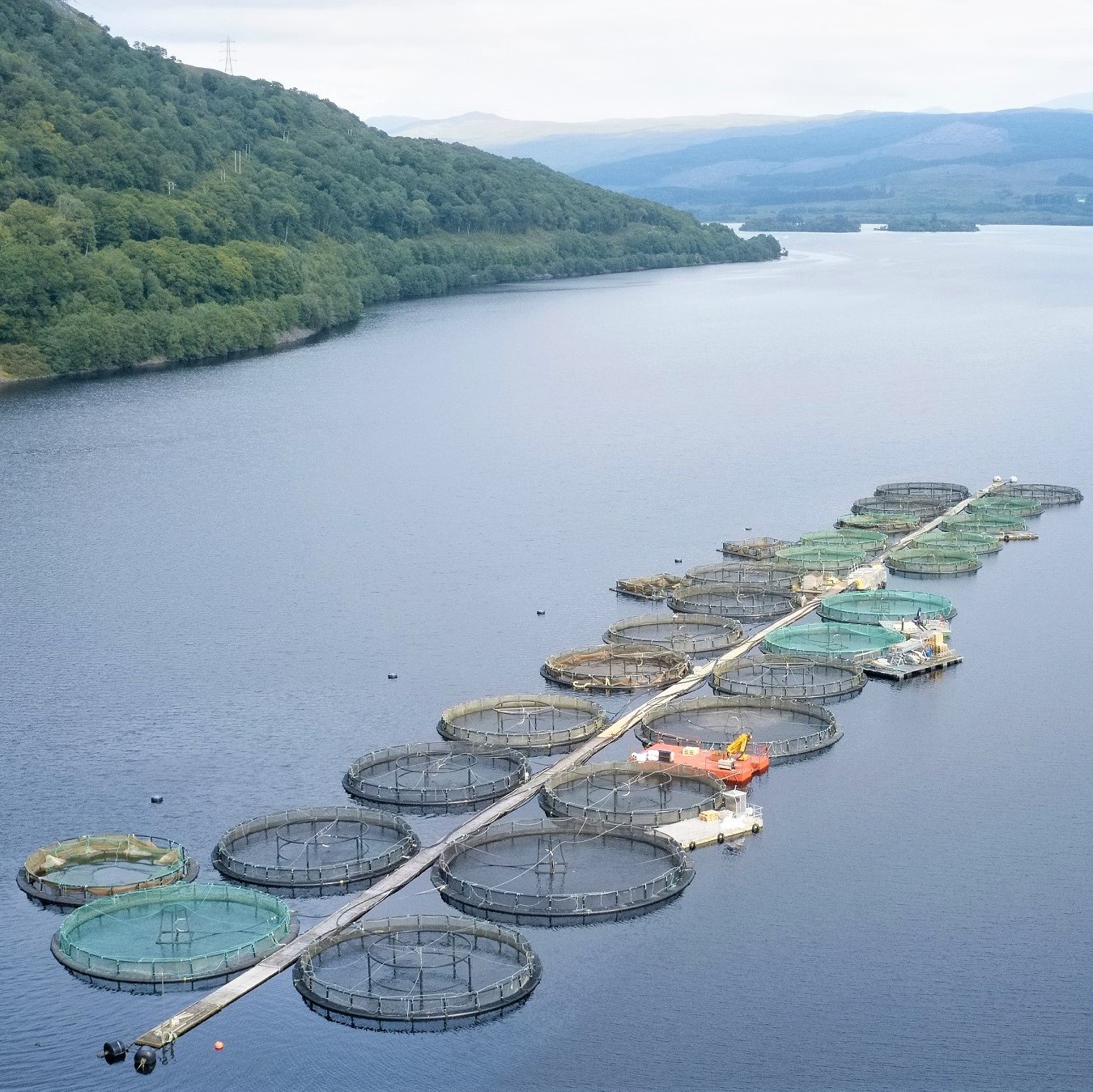
Future of water quality modelling
Learn about new approaches to water quality modelling, with a focus on the use of smart particles that modify ambient water quality and have motilities that respond dynamically to environmental conditions.

ARR Course #7: Urban Approaches
Understand urban drainage systems and the philosophy behind Australian Rainfall and Runoff.

Climate change impacts on extreme event hydrology
How should we account for the increasing intensity of extreme precipitation events when developing design hydrographs for drainage infrastructure?
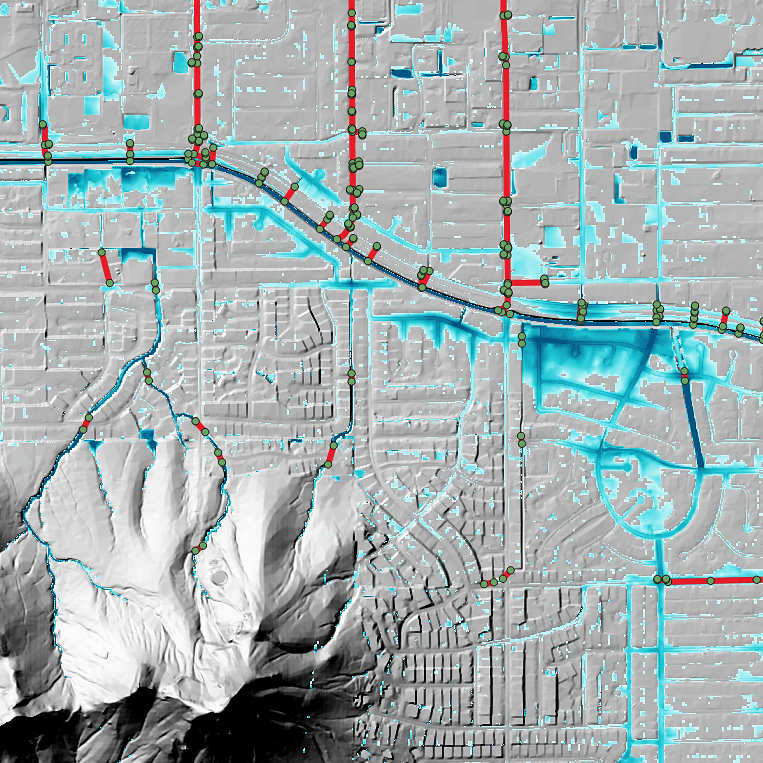
Is rain-on-grid modelling accurate?
Rain-on-grid (or direct rainfall) modelling is quick and easy to setup, but is it accurate and what are the pitfalls?

ARR Course #8: Urban Flood Modelling
Learn to calculate urban losses and apply conveyance and volume control measures.
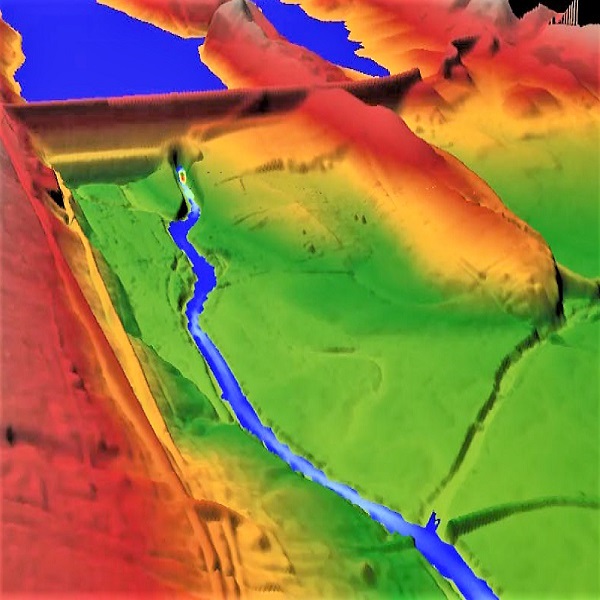
It’s here! HEC-RAS 6.0, Part two
Step behind the wheel to test drive the most significant release of HEC-RAS in the last 4 years.
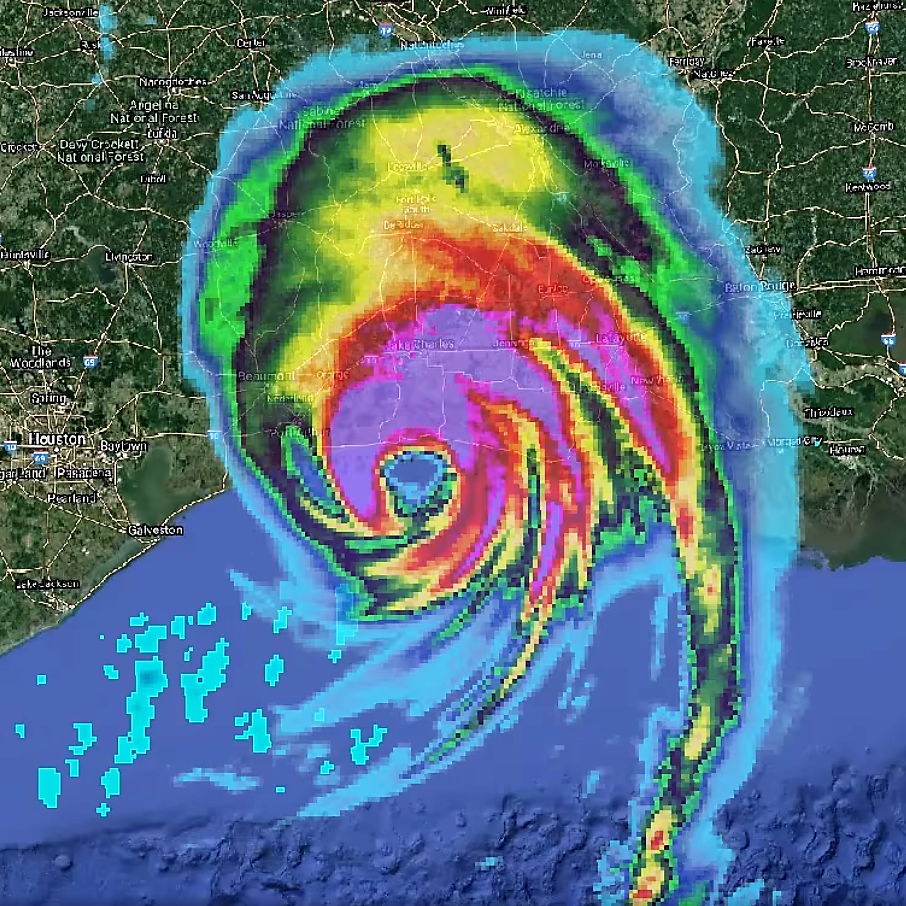
It’s here! HEC-RAS 6.0, what you need to know: Part one
Step behind the wheel to test drive the most significant release of HEC-RAS in the last 4 years.
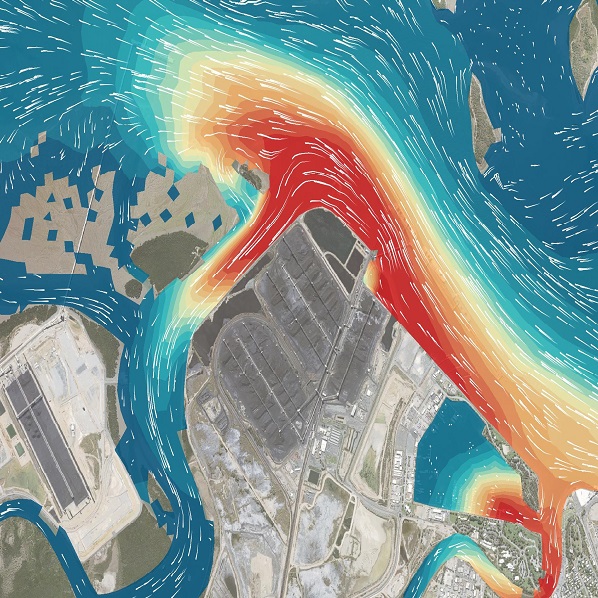
2D and 3D Sediment Transport and Morphological Modelling
New methods for modelling mixed cohesive and non-cohesive sediments in riverine, estuarine and coastal environments.
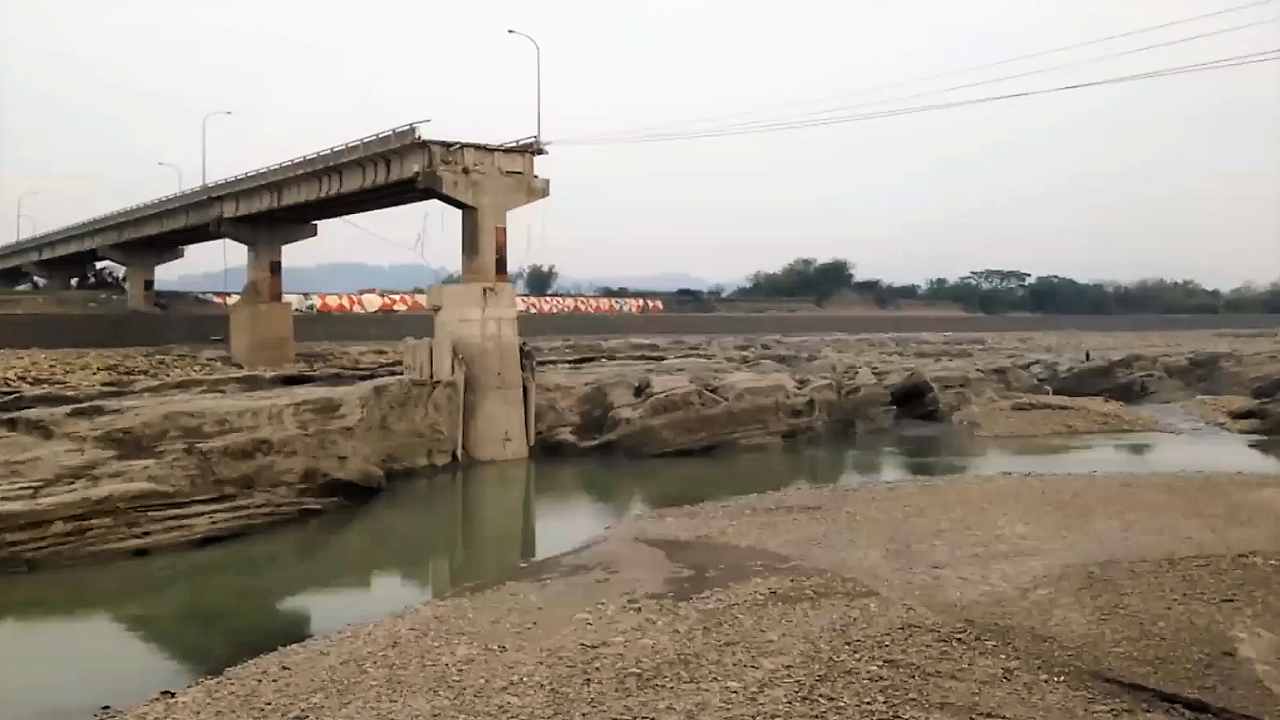
Rocking it!
Using hydraulic modelling results for rock sizing.
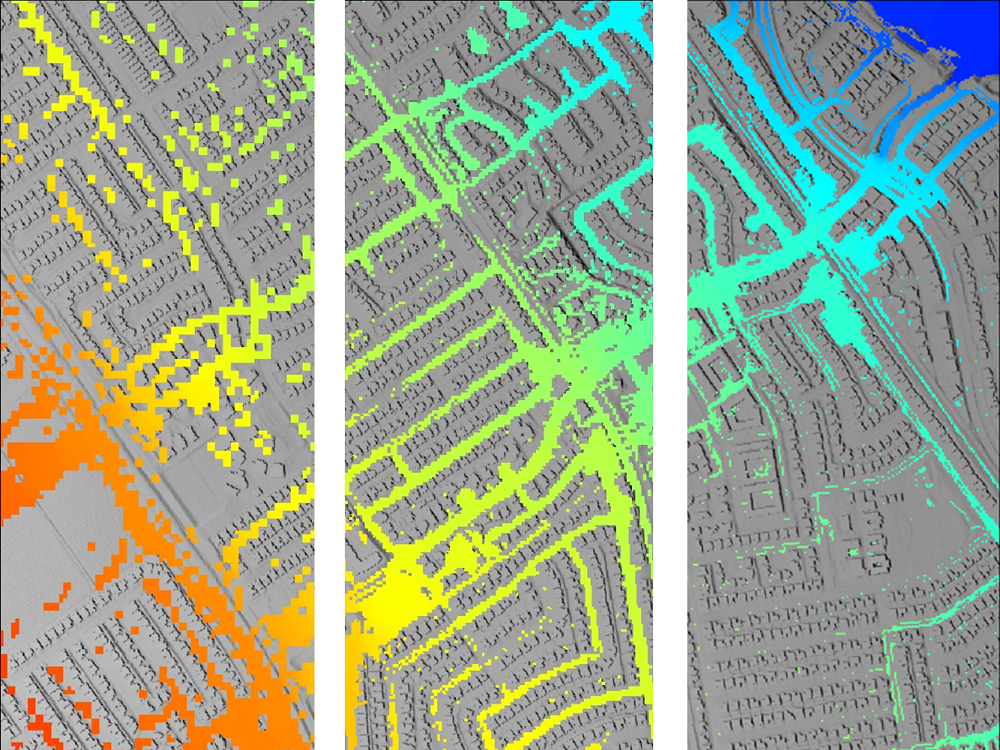
The importance of 2D cell size for accurate hydraulic modelling
Learn how to select an appropriate 2D cell size to achieve accurate hydraulic modelling results during your flood and urban stormwater inundation assessments.

Introduction to Python scripting for water modellers
Basic data structures and importing modules

Hardware selection and trends in hydraulic modelling
Learn how new generations of computer hardware favour certain hydraulic solution schemes and offer lower solution costs.
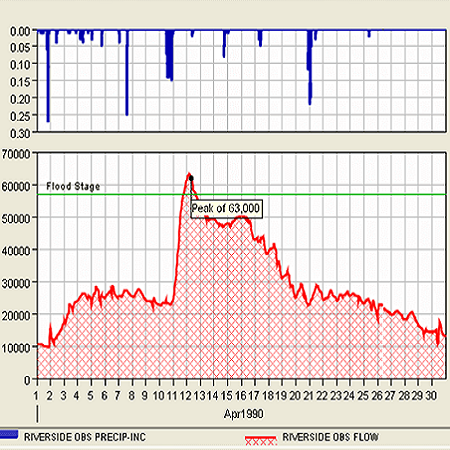
HEC-DSS an introduction to the Data Storage System
Efficiently store and retrieve sequential data
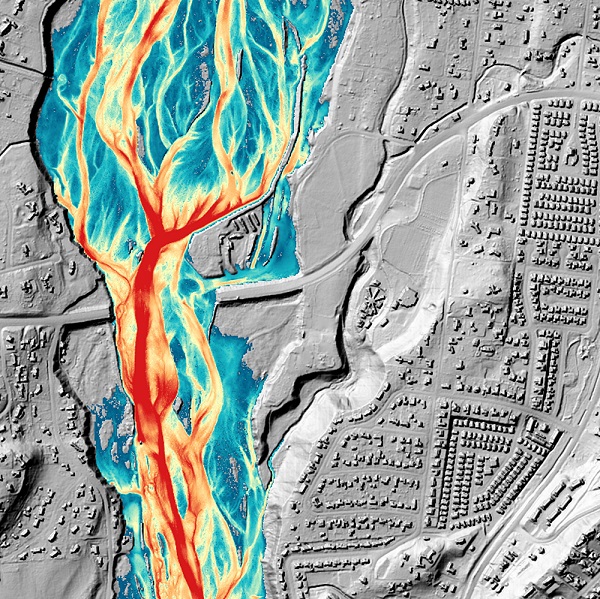
The future of 2D hydraulic modelling
New computational methods are increasing simulation speeds and analysis accuracy
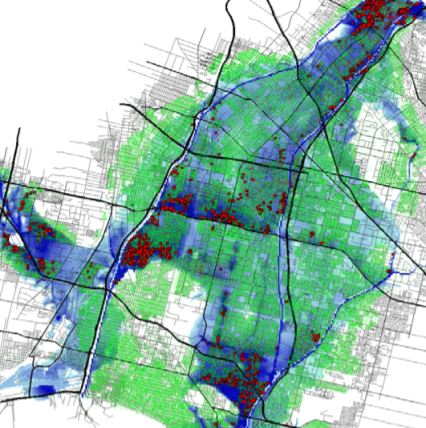
Advances in flood consequence assessments
The importance of proactive flood management decisions, aided by numerical methods.
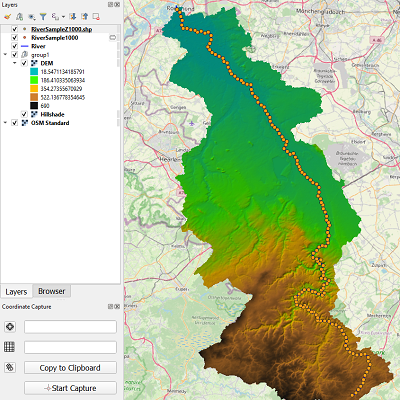
QGIS for preparing and visualising hydrological data
Preprocessing open data for hydrological and hydraulic modelling using QGIS.
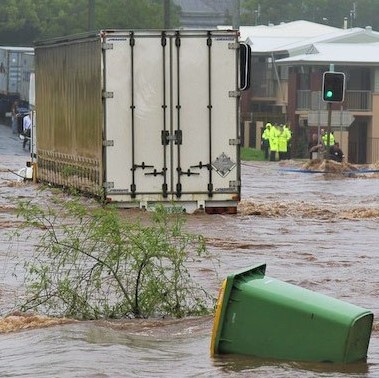
What’s new with Australian Rainfall and Runoff 2019
ARR has been updated for the first time in 30yrs, learn about new developments and how to access the data hub.
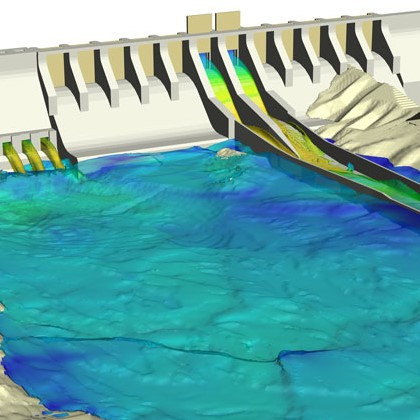
3D computation fluid dynamic and environmental modelling
Exciting new capabilities in 3D fluid modelling.
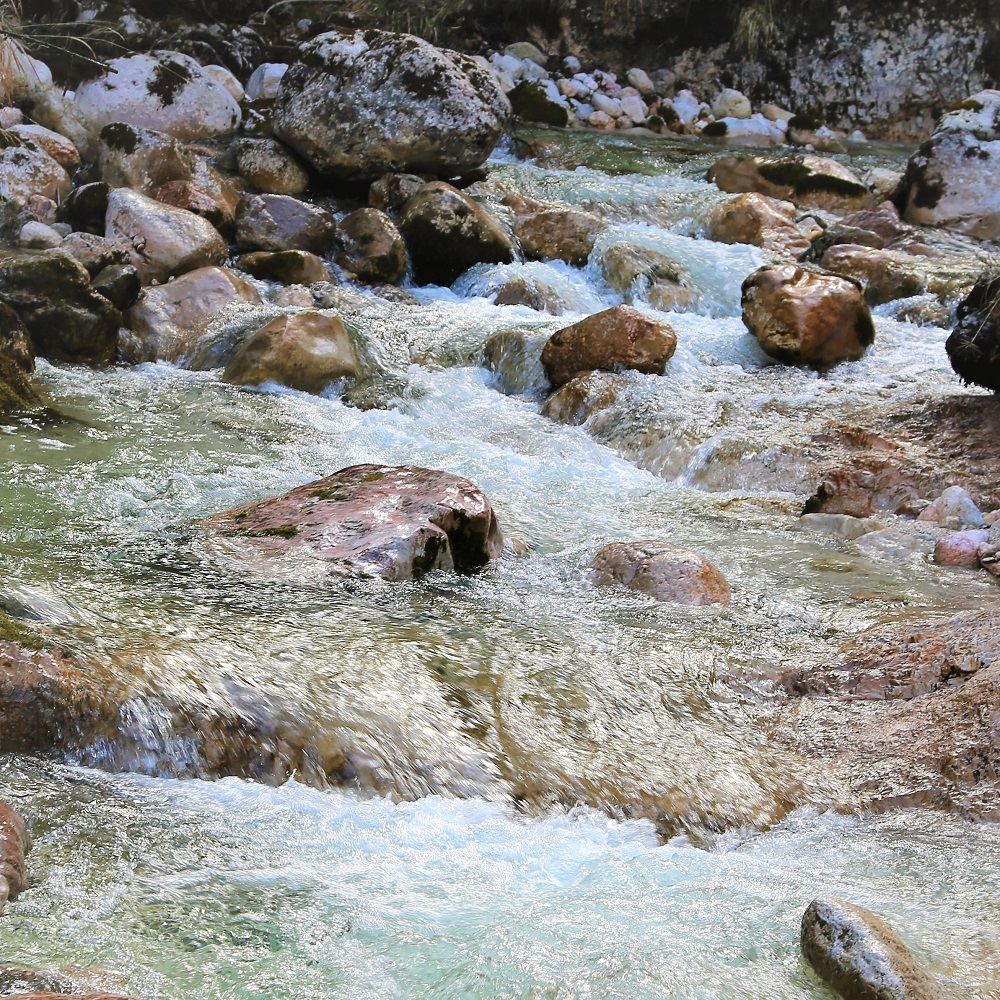
Roughing it for water modellers
Using the Manning equation in hydraulic modelling
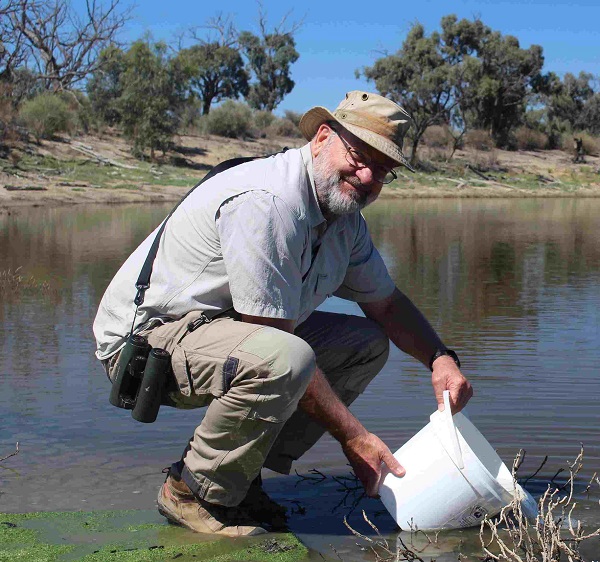
Revolving water funds
Scaling up sustainable financing and funding for waterway and catchment conservation investments.
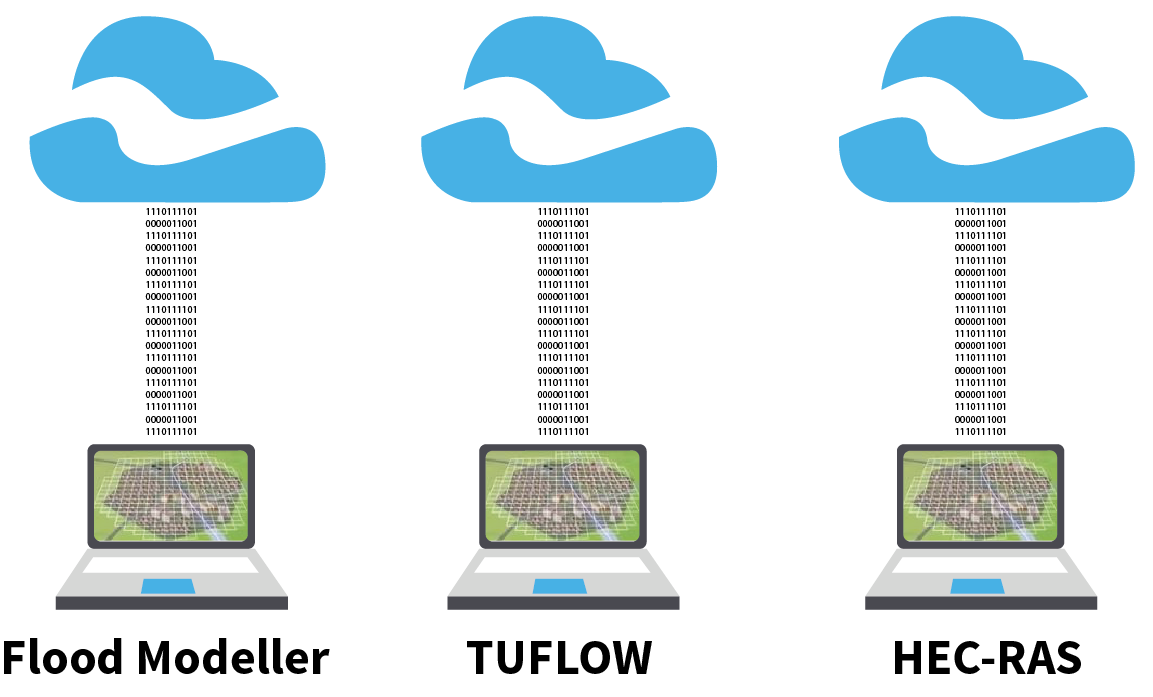
Realising the benefits of cloud computing
Utilising cloud computing with TUFLOW, HEC-RAS and Flood Modeller: How does it stack up?
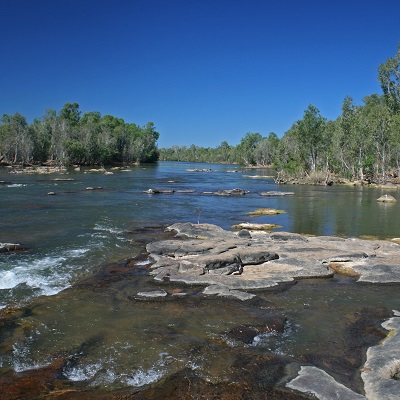
Understanding water values in Indigenous Australia
How Indigenous knowledge improves our understanding of water
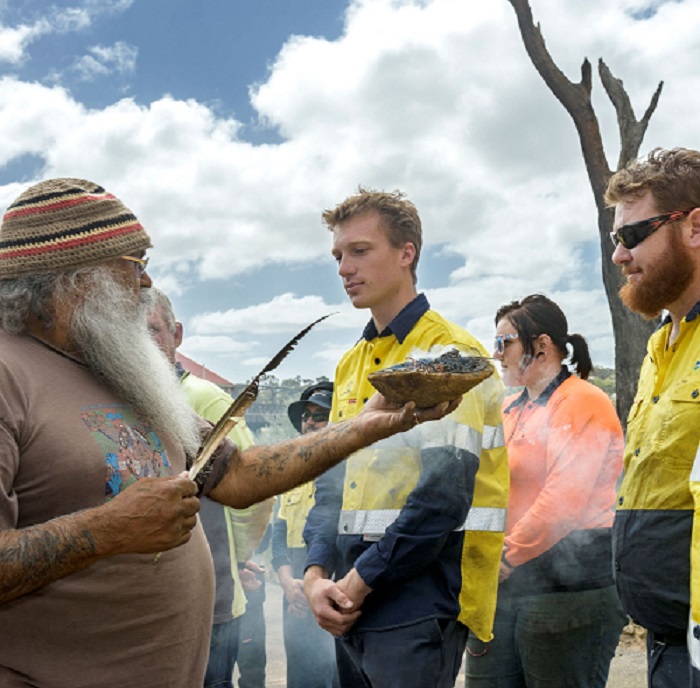
Reconciliation in the water sector
The development and implementation of a Reconciliation Action Plan (RAP) in the water sector.

Water governance in challenging times
Water governance and integrated water management in the 21st century.
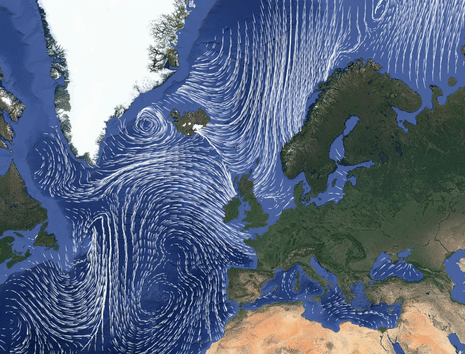
QGIS for water modellers
Learn how to apply free GIS applications and plugins to aid the development and animation of hydrologic and hydraulic models

